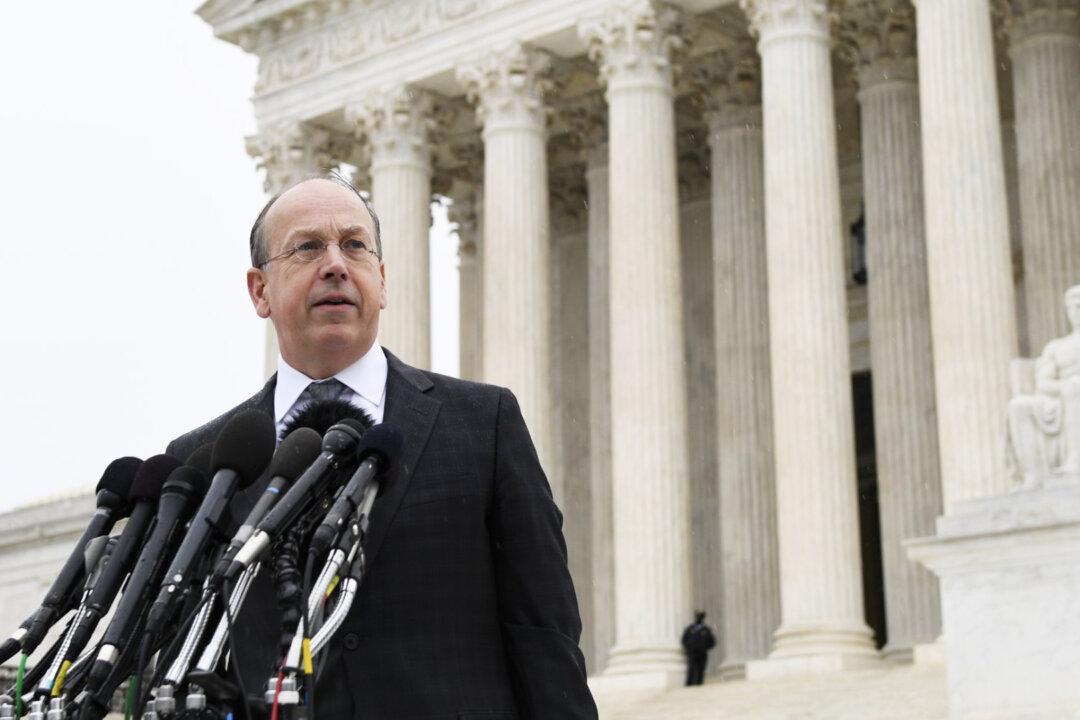The Supreme Court may take steps to roll back the administrative state in its approaching term that begins next month, according to lawyers who frequently appear before the nation’s highest court.
The lawyers were participating in a Sept. 20 event hosted by The Heritage Foundation think tank.





